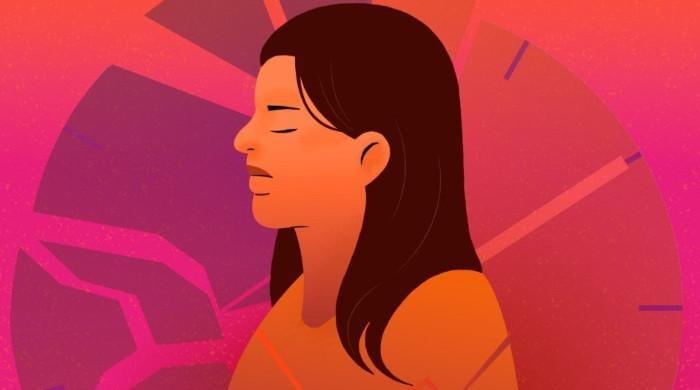UNITED NATIONS: Every 10 minutes last year, a woman somewhere in the world was killed by a loved one, the United Nations said Monday, denouncing the lack of progress in the fight against femicide.
Some 50,000 women and girls were killed by intimate partners or family members in 2024, the United Nations Office on Drugs and Crime and UN Women said in a report released to mark the International Day for the Elimination of Violence Against Women.
The report states that 60% of women killed worldwide were killed by partners or relatives such as fathers, uncles, mothers and brothers. For comparison, 11% of male murder victims were killed by a loved one.
The 50,000 figure — based on data from 117 countries — amounts to 137 women per day, or about one woman every 10 minutes, according to the report.
The total is slightly lower than the figure reported in 2023, although it does not indicate a real decrease, according to the report, as it largely stems from differences in data availability between countries.
Femicide continues to claim the lives of tens of thousands of women and girls each year, with no signs of improvement, and “the home continues to be the most dangerous place for women and girls in terms of risk of homicide,” the study says.
No region in the world has remained without cases of femicide, but Africa once again recorded the highest number of femicide cases last year, with around 22,000, according to the report.
“Femicides do not occur in isolation. They are often part of a continuum of violence that can begin with controlling behavior, threats and harassment, including online,” Sarah Hendricks, director of UN Women’s Political Division, said in a statement.
The report says technological development has exacerbated some types of violence against women and girls and created others, such as non-consensual image sharing, doxxing and deepfake videos.
“We need the implementation of laws that recognize the ways in which violence manifests itself in the lives of women and girls, both online and offline, and that hold perpetrators accountable long before it becomes deadly,” Hendricks said.




